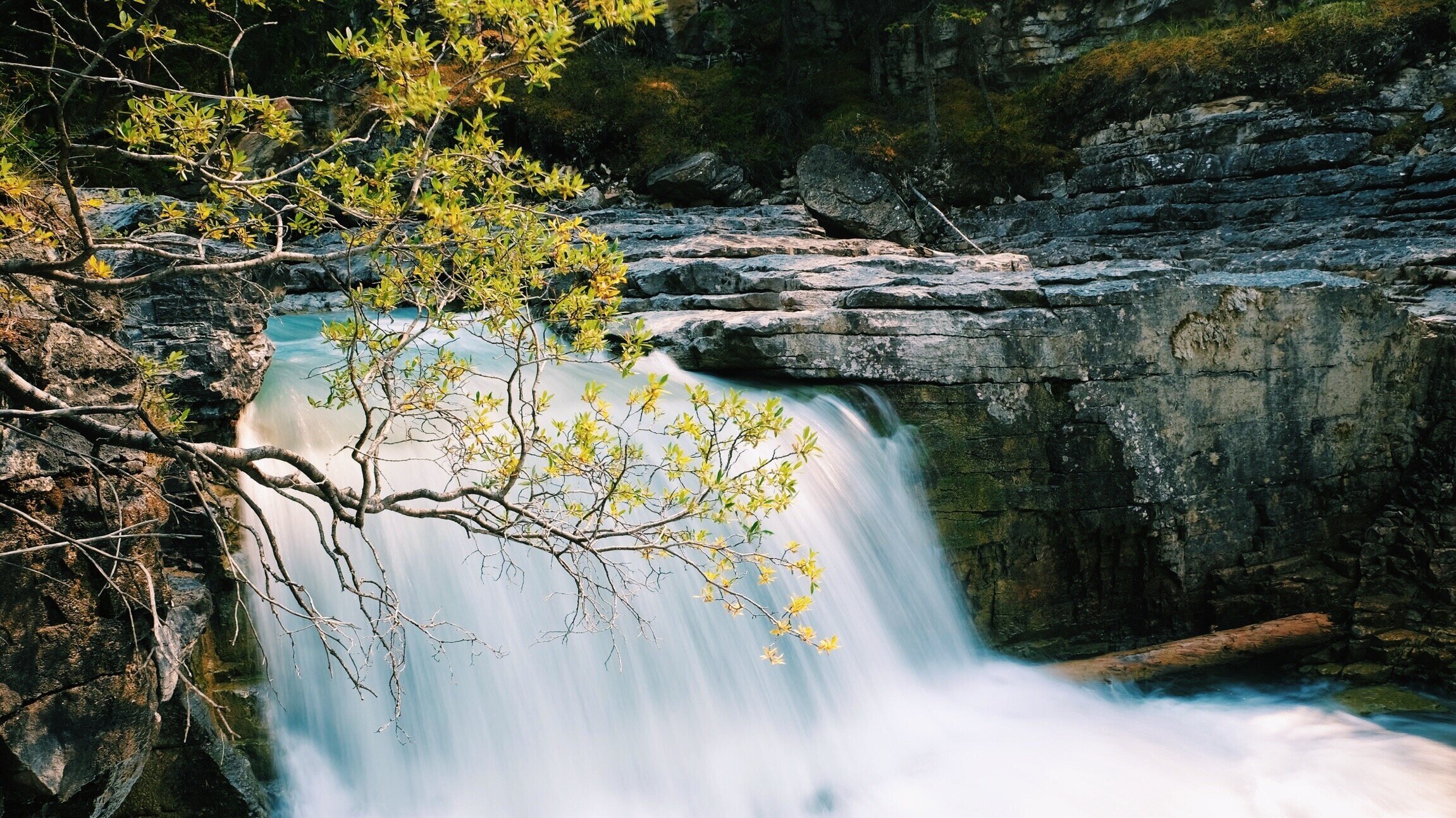Common Dreams · Legal Rights of the Natural World: Beyond Personhood
By becoming a bearer of rights, nature is now being thrust into the murky realm of legal personhood.
Mari Margil
This article was first published on September 26, 2019 at Common Dreams.
What does it mean to be a person, legally?
Aren’t people persons? Yes.
But, are only people persons? Most definitely not.
A human being is considered a "natural" person under the law, whereas certain other entities, including corporations and ships, are considered “legal” or “artificial” persons. Black’s Law Dictionary defines a legal person as an entity with “its own rights and duties.”
What we find is that under the law, there are either persons capable of having rights, or property (things), “over which rights may be exercised.”
When the U.S. Constitution was ratified, women, indigenous peoples, and slaves were treated as property, without rights.
Nature is still considered to be property under the law, but that is beginning to change, thanks to the Rights of Nature movement.
In 2006, the first law recognizing legal rights of nature was adopted in Tamaqua Borough, Pennsylvania. It was the first such law not only in the United States, but in the world. Communities across ten states have since followed suit.
In 2008, Ecuador enshrined legal rights of nature—or Pacha Mama—in its constitution. Bolivia now has a national law in place, as does Uganda.
Over the past several years, courts in India, Bangladesh, and Colombia have determined that rivers and other ecosystems possess legal rights. This includes a decision by Colombia’s Constitutional Court, which ruled that the Atrato River is a “subject of rights,” including rights to “protection, conservation, maintenance, and restoration.”
This movement to recognize rights of nature follows decades of environmental laws which treat nature as property, and thus as right-less under the law. Treating ecosystems as property, environmental laws have historically regulated the use or exploitation of the natural world, such as laws which authorize fracking, drilling, and other uses of nature.
The consequences are proving catastrophic, including the bleaching and die-off of the world’s coral reefs, species extinction levels well beyond natural background rates, and, of course, an accelerating climate crisis.
But a shift is underway to transform nature from being right-less property to bearing rights itself, in what the Colombia court described as a necessary “step forward in jurisprudence.”
Yet, by becoming a bearer of rights, nature is now being thrust into the murky realm of legal personhood.

